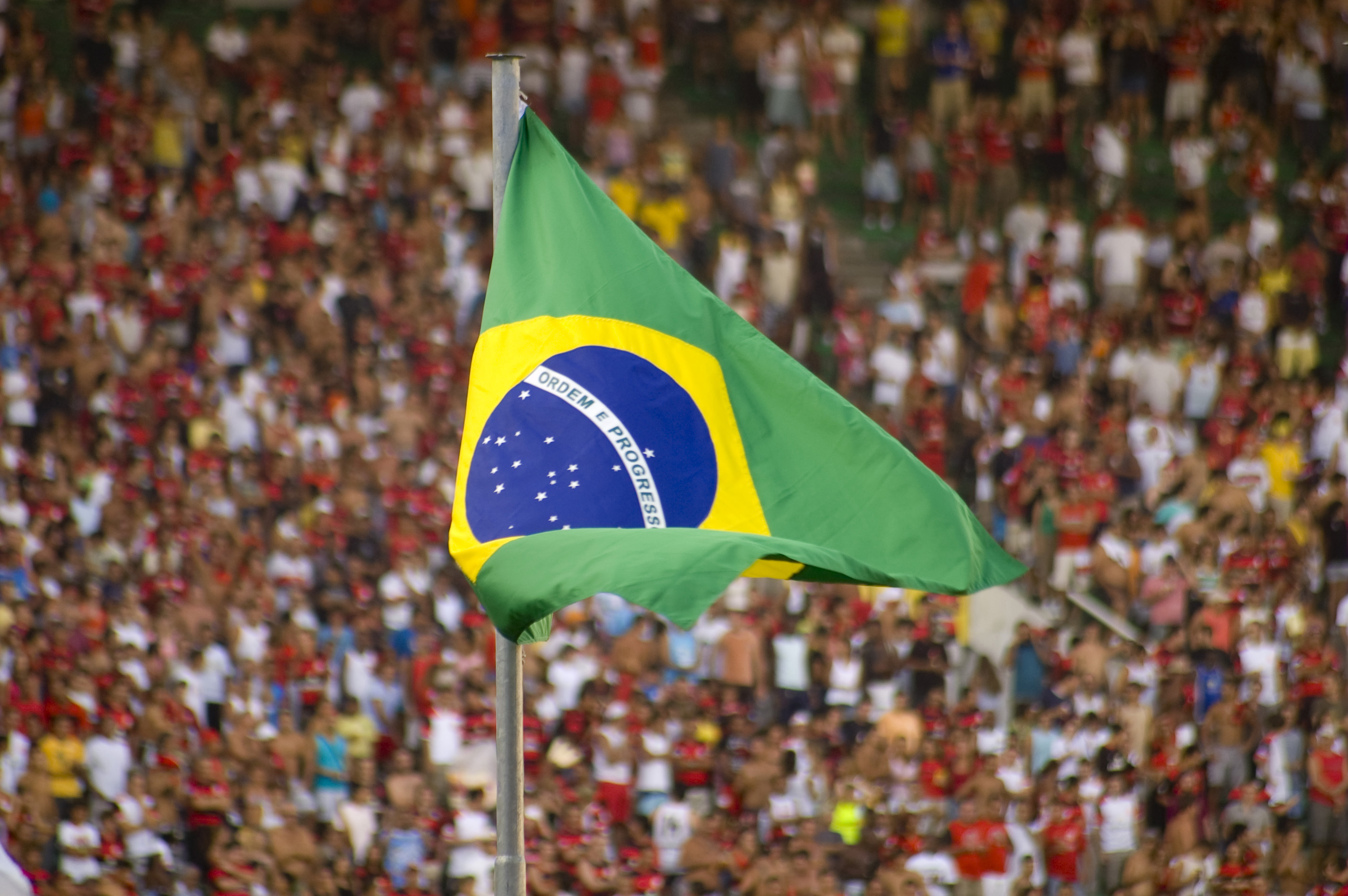
Brazilian prosecutors hope to curb corruption with new laws—but critics say they go too far.
In the wake of a political corruption scandal that has sparked massive protests and propelled Brazil into an economic crisis, threatening the country’s preparations as host of the 2016 Summer Olympics, a contingent of prosecutors has leaped into action.
Brazil’s Federal Prosecution Service (MPF)—a branch of the country’s independent prosecution system, tasked with ensuring compliance with Brazil’s laws—recently launched a campaign aimed at curbing what has been viewed as the country’s pervasive administrative misconduct. Known as “10 Measures Against Corruption,” or simply “10 Measures,” the campaign has so far garnered more than two million signatures—a signal not only of the popular support for the campaign itself, but also of the wave of dissatisfaction and frustration that has swept through the Brazilian population since the long-running corruption probe Operação Lava Jato, or Operation Car Wash, came to light two years ago.
Operation Car Wash is an investigation into alleged money laundering and bribery acts involving the Brazilian oil company, Petrobras, as well as politicians and other companies from the infrastructure sector, among others. The probe—carried out by a special task force comprising the MPF, the Federal Police, and the Federal Judiciary—has already resulted in the imprisonment of several public officials and executives of Petrobras and other infrastructure companies. The investigation has also required former President Luis Inacio Lula da Silva, known as Lula, to testify before the Federal Police in response to allegations of accepting bribes—throwing into serious doubt the mandate of Lula’s protégé and current President Dilma Rousseff.
The criminal proceedings are being conducted by Federal Judge Sergio Moro, who has been acclaimed by many anti-government protesters as a national hero and who was also recognized by Fortune Magazine as one of the world’s greatest leaders.
The other proceedings are primarily under the jurisdiction of the Brazilian Supreme Court, due to the alleged involvement of parliamentarians. Several administrative bodies, including the Office of the Comptroller General, are conducting related investigations and administrative proceedings as well.
The revelations that Operation Car Wash has unearthed have spurred initiatives like 10 Measures, aimed at redressing underlying causes of the alleged corruption. 10 Measures includes 20 regulatory proposals, amendments to the Brazilian Clean Company Act and the Administrative Improbity Law, and changes to some criminal laws. The campaign brought together a record number of signatures and thus was delivered to the Chamber of Deputies—Brazil’s legislature—as a bill of “popular initiative,” meaning that, under Brazil’s constitution, it had received enough signatures be presented to the legislature.
The MPF’s proactive initiative appears to have attracted the appreciation of Brazilian society and of some influential entities, including universities, trade unions, and churches.
But several experts and organizations—such as Supreme Federal Court Justices Marco Aurélio Mello and Gilmar Mendes, the Brazilian Institute of Criminal Science, and University of Paraná Professor Jacinto Nelson Miranda Coutinho—have criticized the project’s proposals, which they consider to be “immoral,” “unconstitutional,” and “illegal.” They say that many of the MPF’s “repressive and punitive” proposals disregard fundamental democratic principles, including the rights to liberty and to property.
Critics also argue that the high level of popular support for 10 Measures is due to the fact that “no one is for or may be in favor of corruption.” They allege that most of the population is unaware of the exact content of the proposals. Indeed, part of the popular support for the proposals can likely be attributed to the population’s trust in the MPF, which has a constitutional duty to defend the “juridical order, the democratic regime, and the inalienable social and individual interests.”
Some of 10 Measures’ most controversial proposals include those that recommend that government officials perform bribery simulations as part of an “integrity test.” Also controversial are proposals to allocate between 10 percent and 20 percent of the Public Administration’s advertising budget to encourage corruption intolerance, restrict the constitutional measure of habeas corpus, and implement so-called “extended confiscation,” which would allow the government to collect property determined to be the proceeds of a crime, regardless of who was responsible for the violation.
In addition to the above proposals, there are also proposals to criminalize “off-book” accounting and to implement strict liability for political parties in relation to corruption.
Critics assert that the diversity of themes that are treated in the bill constitute disrespect for well-accepted legal requirement that this type of “popular initiative” bill must cover only one subject. Despite the widespread public support for 10 Measures, the legal questions surrounding it might well lead to the bill’s disruption during its consideration by the House of Representatives.
The 10 Measures bill will be closely monitored by the MPF as well as by its critics and many civil society organizations as it makes its way through the legislature. As a result, we can expect that legislators will vigorously debate the proposals while being spurred into action by much of the citizenry’s desire for quick and effective change to the problem of corruption in Brazil.




